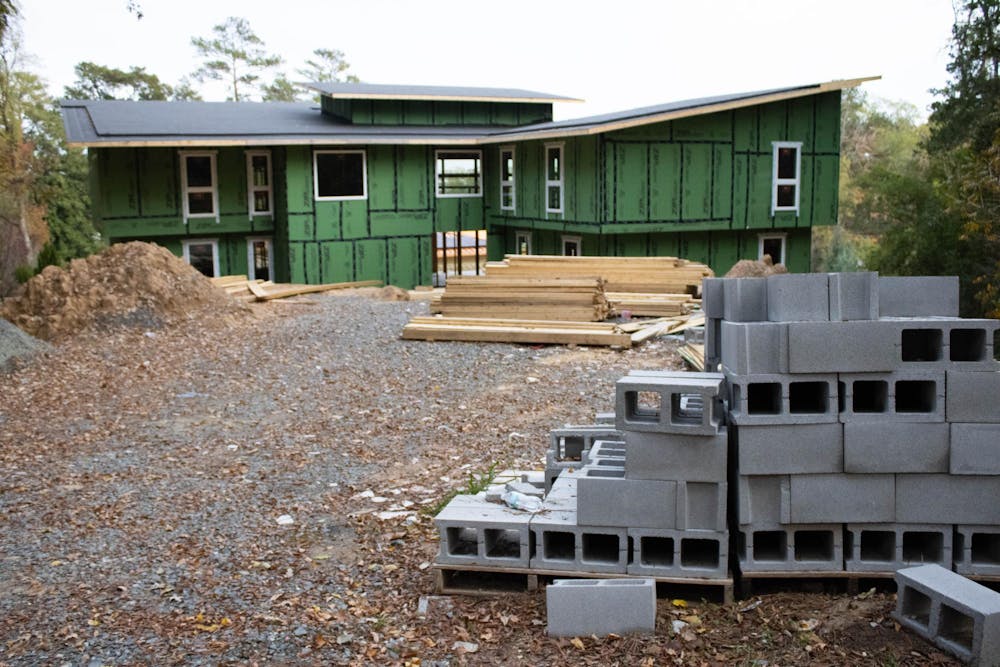The Aziz and Gwen Sancar Foundation is set to launch a new housing development in 2025 — the Sancar Scholars Residence — for Turkish students in the Triangle area.
The Foundation was founded in 2007 and operates the Sancar Turkish Cultural and Community Center. Dr. Aziz Sancar, 2015 Nobel Prize winner in chemistry and professor of biochemistry and biophysics, grew up in Turkey. Sancar moved to the United States in 1971 to participate in the graduate school at Johns Hopkins University, according to his Nobel Prize Profile.
Sancar said the purpose of the residence is to support Turkish students’ transition to American life.
“When I first came to this country, I had serious difficulties [with] housing. For a while, I lived in the lab until I was caught by security,” Sancar said. “I had friends who took me in, and I survived until I got a scholarship. I wanted to have something for Turkish students and scholars who come here.”
The residence will feature eight fully furnished rooms with private bathrooms, a common kitchen and a living area, Vice Chairman of the Foundation Fevzi Yalin said.It aims to accommodate a diverse range of Turkish scholars, from graduate students to visiting professors, however, it will likely not accommodate undergraduate students, he said.
Jordan Scepanski, the Foundation's treasurer, said that while the final pricing has yet to be determined, the foundation intends to try and provide housing somewhat under normal market rates.
“The residents in [surrounding] neighborhoods have been very supportive, first of the center and now of the residences up there,” Scepanski said. “We intend to be good neighbors to them as well, taking into account their needs and desires for a quiet and nice neighborhood.”
The residence will be located on Velma Road, near the Sancar Turkish Cultural and Community Center and Coker Hills neighborhood.
“[Residents] could also come and participate in some of the activities that we have here," Sancar said. "For example, we have cooking classes. We celebrate historical days, so they could become a part of that. And so they'll stay close to their culture and history."




